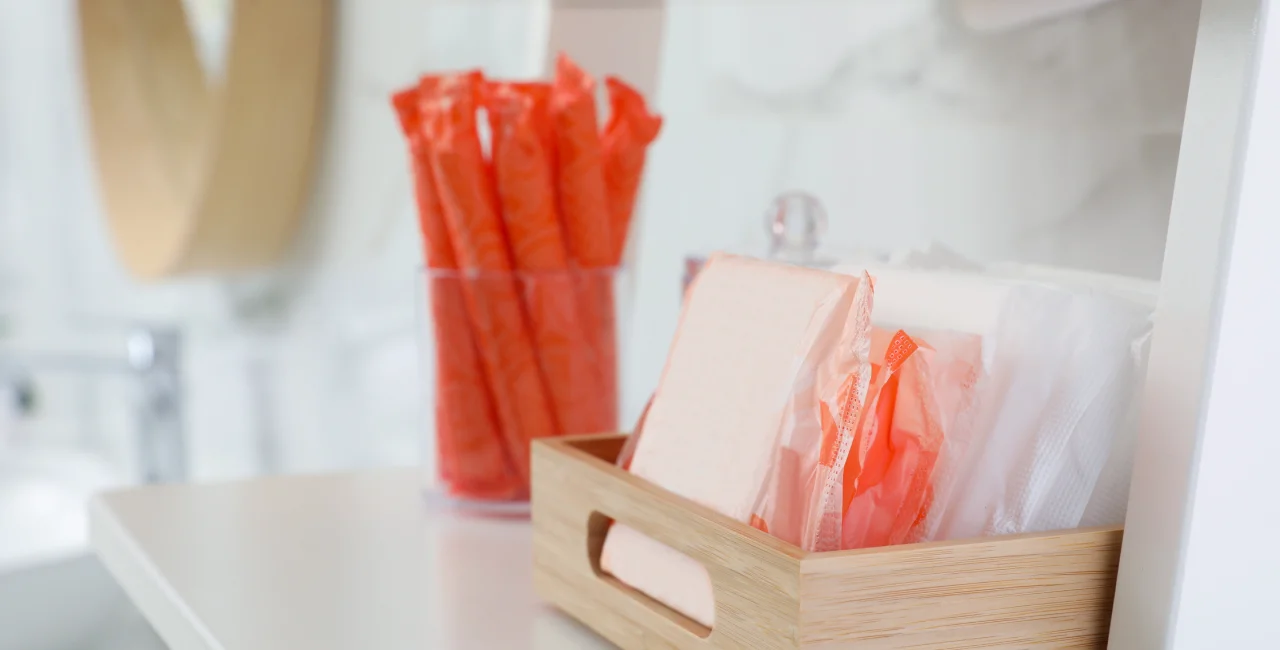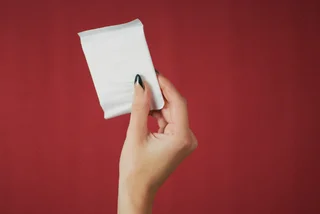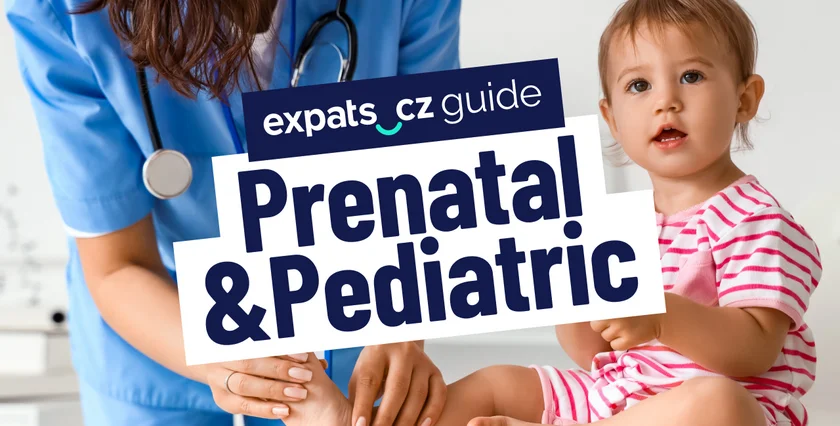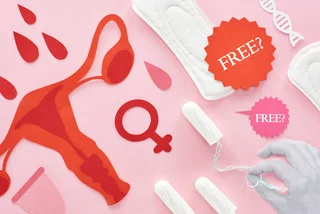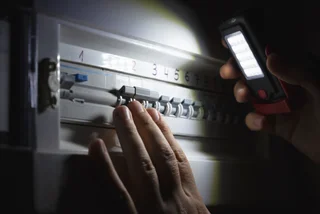From January 2026, all Czech schools will be required to provide menstrual hygiene products in toilets accessible to female students over the age of nine. The measure, signed into law by Health Minister Vlastimil Válek, covers elementary, secondary, and vocational schools nationwide.
The decision follows debates over the appropriate timing for implementation. Initially planned for September, the requirement was delayed to allow schools and administrators sufficient time to prepare for the logistical and financial adjustments needed to supply the products.
Officials emphasized that free access to menstrual products is essential not only for comfort but also for health. Inadequate supplies can force students to improvise with alternatives like toilet paper, which may increase the risk of infections and other complications.
Mandatory access in schools
Under the new regulations, all school toilets for students over nine must be equipped with sanitary pads and similar products. Minister Válek noted that the age threshold ensures that younger students in the first years of elementary school can also access the products.
“No girl should face a situation where she has to improvise with toilet paper or go home at school due to an unexpected situation,” Válek stated. “The topic is still somewhat taboo, especially among children.”
The Health Ministry highlighted that menstrual hygiene products will be provided in the same way as toilet paper, free of charge. Irena Hůlová of the nonprofit Sola, which collaborated with the ministry on the initiative, estimated that a school with roughly 150 female students would incur annual costs of around CZK 10,000 to provide the products.
The ministry emphasized that proper planning and procurement procedures will allow schools to integrate the expenses into their budgets more efficiently starting in January.
Health and social impact
Authorities and advocates say the initiative addresses both physical and social challenges. Hůlová pointed out that access to menstrual products helps tackle "period poverty," which affects an estimated 38,000 girls in the Czech Republic.
Lack of access can disrupt education and negatively affect students’ health, particularly for those with strong or painful menstrual cycles, which may indicate conditions such as endometriosis.
Beyond practical support, the law is intended to help normalize discussions about menstruation in schools. According to Hůlová, many students receive limited information about menstrual health, and schools can play a key role in providing guidance.
Organizations such as Sola are planning workshops and educational programs in collaboration with school administrations to ensure staff and students are informed about menstrual health, promoting both inclusion and well-being.


